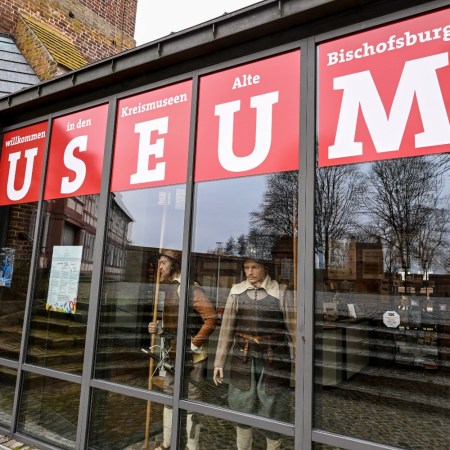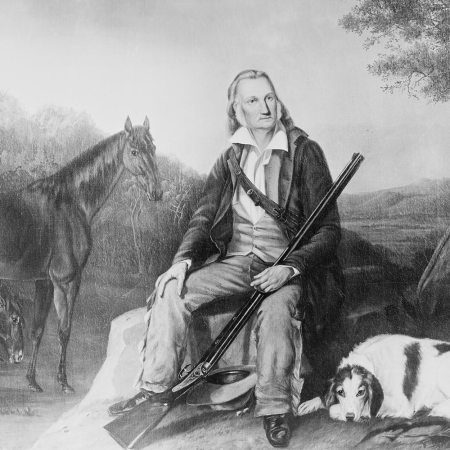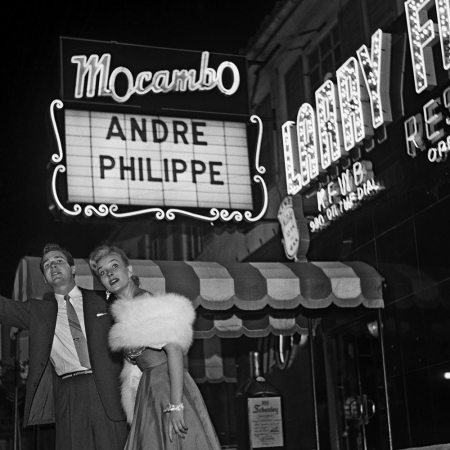When you think of the earliest humans sitting down to a meal, what do you imagine them eating? Based on ancient cave paintings of hunters looking for their quarry, you can be pretty sure that meat was involved — and given the importance of fire in human development, you’re likely thinking that cooking that meat played a part as well. But what led to that transformation in eating habits — the point where our ancestors realized that cooking meat made a lot more sense than simply eating it raw?
Alex Bezzerides is a professor of biology and the author of the new book Evolution Gone Wrong: The Curious Reasons Why Our Bodies Work (or Don’t) and, as you might surmise, he has a few things to say on the subject. An excerpt from his book, featured at Literary Hub, offers a look into the prehistory of cooking — and goes beyond cooking meat over fire to trace how humans’ eating habits and the rise of civilization were intertwined.
Bezzerides points out that cooking meat over a fire had a number of advantages: it would make that meat easier to carve, it removed bacteria and it likely left the meat tasting a whole lot better.
The process of evolution also played a part in centering cooking meat. “The brain accounts for about 2 percent of human body mass but uses up to 20 percent of our caloric intake,” Bezzerides writes. “By unlocking the true nutritive potential in meat via roasting, early hominins were able to feed their growing brains.”
Most intriguingly, Bezzerides cites the moment when humanity first invented pots — around 20,000 years ago, in what is now China — as a particular apex of our development. This allowed meat to be further tenderized, as well as making it tastier; even more vital, though, was the way in which humans could leave a pot cooking and focus on other things.
“Having free time is an integral part of the human story, and with increased efficiency of both hunting and cooking, humans were finally able to devote meaningful quantities of time to other tasks,” writes Bezzerides. So the next time you’re using your trust slow cooker, just remember — you’re not just making a delicious meal, you’re also taking part in a tradition that predates modern civilization.
Thanks for reading InsideHook. Sign up for our daily newsletter and be in the know.


















